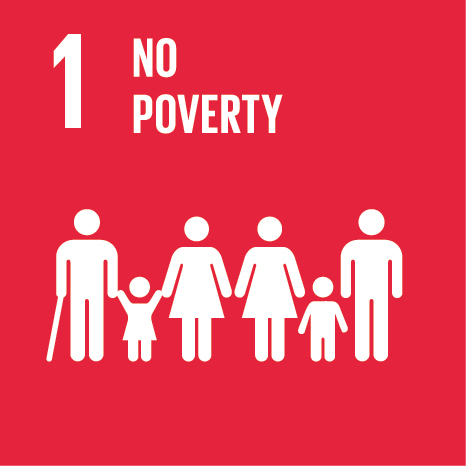Ciência_Iscte
Publications
Publication Detailed Description
Urban blight remediation strategies subject to seasonal constraints
Journal Title
European Journal of Operational Research
Year (definitive publication)
2022
Language
English
Country
Netherlands
More Information
Web of Science®
Scopus
Google Scholar
This publication is not indexed in Overton
Abstract
Urban blight is often defined as abandoned or poorly maintained real estate properties, often with over-growth, trash-filled yards and alleys, graffiti, and broken windows. It has a detrimental impact on neighborhood safety and reputation. Blight also creates low-value areas in urban centers, reduces property values and business investment, and increases unemployment. These effects make urban blight an issue of growing interest as the need to eradicate blighted properties has significantly increased worldwide. This study adopted a constructivist, socio-technical stance that combined cognitive mapping, moving averages, and the decision-making trial and evaluation laboratory method. This methodological approach facilitated the identification of prevention strategies that control urban blight occurrences and subsequent eradication subject to seasonal constraints. Based on real-world cases, data was collected directly from a panel of urban blight experts. The members analyzed different prevention initiatives in terms of five major dimensions—governance, community involvement, economic context, territorial planning, and operations—which were previously identified during the development of a collective causal map. Practical applications of the proposed decision-support system were analyzed and validated by two independent experts from the Direção Geral do Território (General Directorate of the Territory of Portugal). No prior research was found that has adopted the proposed methodology to address urban blight. Recommendations facilitating the development of prevention strategies to eradicate urban blight are also provided.
Acknowledgements
--
Keywords
OR in societal problem analysis,Multiple criteria decision analysis,Cognitive mapping,Decision-making trial and evaluation laboratory (DEMATEL),Urban blight prevention
Fields of Science and Technology Classification
- Economics and Business - Social Sciences
Funding Records
| Funding Reference | Funding Entity |
|---|---|
| UIDB/00315/2020 | Fundação para a Ciência e a Tecnologia |
Related Projects
This publication is an output of the following project(s):
Contributions to the Sustainable Development Goals of the United Nations
With the objective to increase the research activity directed towards the achievement of the United Nations 2030 Sustainable Development Goals, the possibility of associating scientific publications with the Sustainable Development Goals is now available in Ciência_Iscte. These are the Sustainable Development Goals identified by the author(s) for this publication. For more detailed information on the Sustainable Development Goals, click here.

 Português
Português




